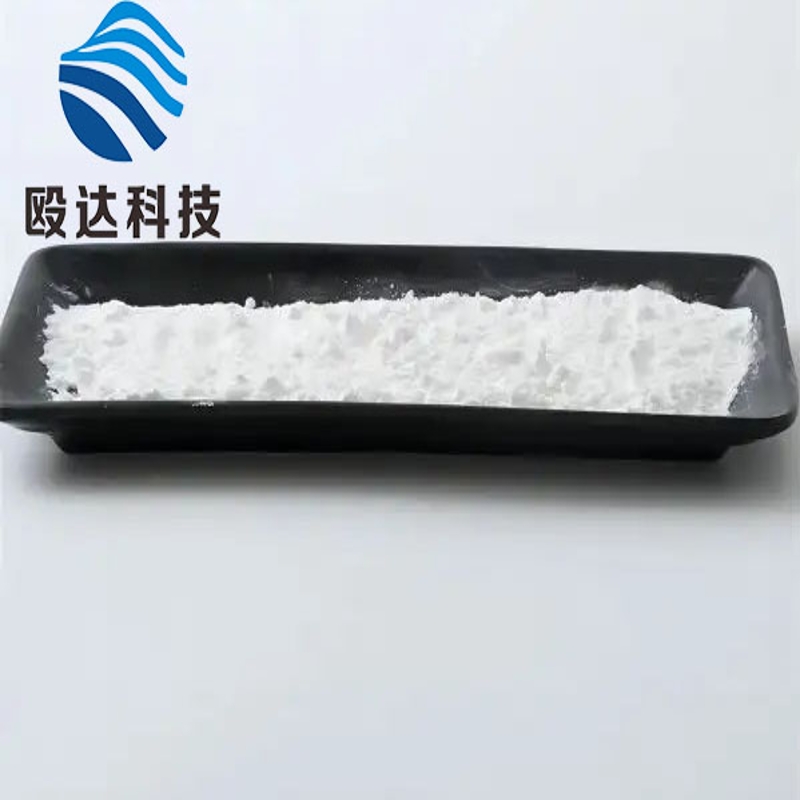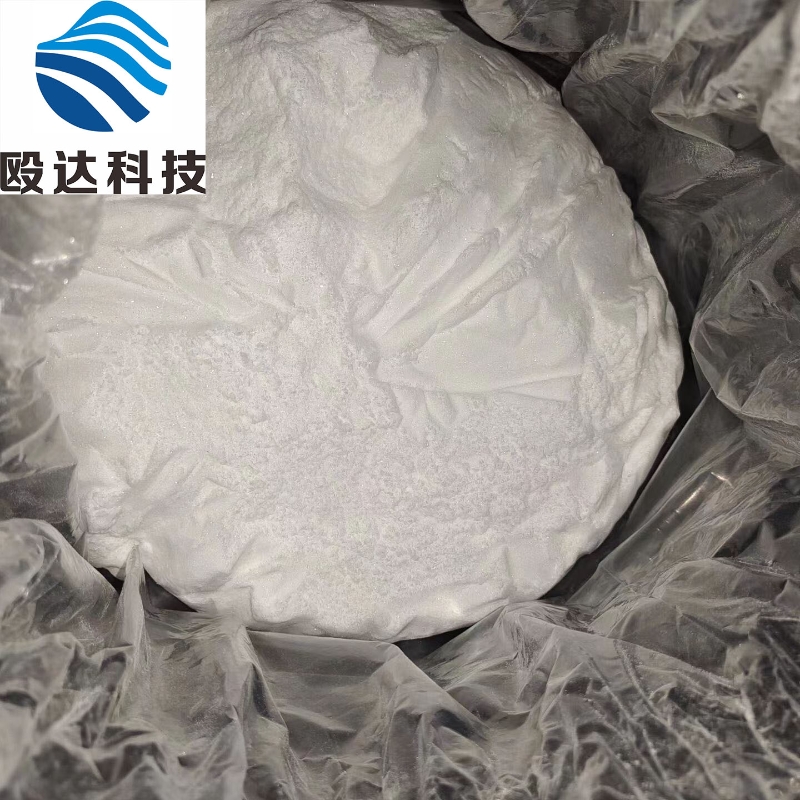Nature sub-journal: CRISPR joins forces with viral genes! Start new immunogene therapy to capture "runaway" cancer cells.
-
Last Update: 2020-07-23
-
Source: Internet
-
Author: User
Search more information of high quality chemicals, good prices and reliable suppliers, visit
www.echemi.com
Photo source: NIH National Institute of human genome cancer immunotherapy currently includes five types of therapies: immunocheckpoint therapy, cell therapy, non-specific immunotherapy (such as cytokines), cancer vaccine and oncolytic virus, which can "kill" cancer cells that "muddle along" in order to avoid the recognition and killing of the immune system, This brings new hope to patients with advanced cancer who were previously almost drug-free.however, cancer cells are cunning, often disguised as other molecules to escape immune attacks, thus making most drugs ineffective.therefore, clinical oncology needs new immunotherapy or new methods to extend the scope of immunotherapy.on October 15, Sidi Chen of Yale University published the latest research paper in Nature Immunology, an international heavyweight journal, saying that it had found a solution to this problem.s41590-019-0500-4. The team has created a new immunotherapy - multiple activation of endogenous genes as immunotherapy (maegi), which combines CRISPR with viral gene therapy to regulate multiple immune systems and recognize and attack tumor cells that are good at camouflage.the inspiration of maegi: activating "camouflage" cancer cells is well known that the effectiveness of anti-tumor immunotherapy is determined by the specificity of recognizing and killing tumor associated antigens (TAAs).however, in the process of cancer progression, tumor cells often downregulate or silence the presentation of certain antigens to "camouflage" themselves to avoid recognition and attack by the immune system.what is more surprising is that tumor immune microenvironment can also become "accomplices" to help more cancer cells "escape" successfully.so, Professor Chen Sidi and the researchers of his team wondered: can there be a new immunotherapy that can not only "activate" the expression and presentation of tumor cell surface specific antigens, but also "activate" the tumor microenvironment to help the immune system recognize "camouflaged" cancer cells? Working principle of maegi: CRISPR technology + viral gene therapy in the process of testing this conjecture, Wang Guangchuan and Ryan of Chen Sidi's research group Chow et al. Found that CRISPR activation (crispra) system is programmable and highly integrated, which can not only enhance the expression and presentation of related antigens in targeted genes, but also activate the expression of multiple specific target genes at the same time, so as to realize the expression of targeted genes in multiple specific activated cells in vivo, and induce stronger immune recognition and killing.using crispra to enhance the immune recognition of TAAs and trigger the whole body immune response. What's more exciting is that the tumors activated by crispra system are easier to be recognized by the immune system, and the tumors treated by whole genome activation have been completely eliminated in more than 80% mice.to find out the reason, the researchers found that because of the rapid growth of activated tumor in mice, it is easy to be detected by the acquired immune system, so the success of "killing" is also easy.now that the "activation" problem has been solved, it is time to consider the "kill" problem, that is, how to achieve accurate drug delivery.aav-p-maegi experimental design schematic diagram here, researchers conducted a three negative breast cancer mouse model experiment.they first identified all gene mutations in cancer cell lines by whole exon sequencing; then they designed a precise activation Library (p-maegi crispra Library) targeting tumor rather than normal cells; finally, they delivered drugs by intratumoral injection of adeno-associated virus (AAV), which is widely used in gene therapy and clinical research.the results showed that: such a drug delivery method targeted and activated all mutant genes producing new tumor antigen, 44% of tumors in situ produced complete / near complete response, and 67% of in situ tumors produced complete / near complete response.it is encouraging that the mice cured by this therapy can still completely eliminate the same kind of tumor attack three months after the operation, that is, the long-term memory of anti-tumor immunity is generated in the organism like "vaccination".in addition, the researchers also found that magei effectively increased the expression of target genes and antigen presentation, improved the effector function of T cells, made CD4 and CD8 T cells enter the tumor microenvironment, and promoted the local and systemic anti-tumor T cell response. conclusion up to now, this new immunotherapy has achieved good therapeutic effects in three mouse tumor models, including triple negative breast cancer, melanoma and pancreatic cancer. Professor Chen Sidi also commented: "theoretically, this new system should be able to effectively treat a variety of cancers, including those currently resistant to immunotherapy. "in the future, there are still a series of problems to be verified and solved for the clinical transformation and application of this therapy, but its potential is worth looking forward to. end References: [1] multiplex activation of endogenous genes by crispra elicits potential antitumor immunity [2] CRISPR anticoncer tech aids immune system surveillance and attack
This article is an English version of an article which is originally in the Chinese language on echemi.com and is provided for information purposes only.
This website makes no representation or warranty of any kind, either expressed or implied, as to the accuracy, completeness ownership or reliability of
the article or any translations thereof. If you have any concerns or complaints relating to the article, please send an email, providing a detailed
description of the concern or complaint, to
service@echemi.com. A staff member will contact you within 5 working days. Once verified, infringing content
will be removed immediately.







